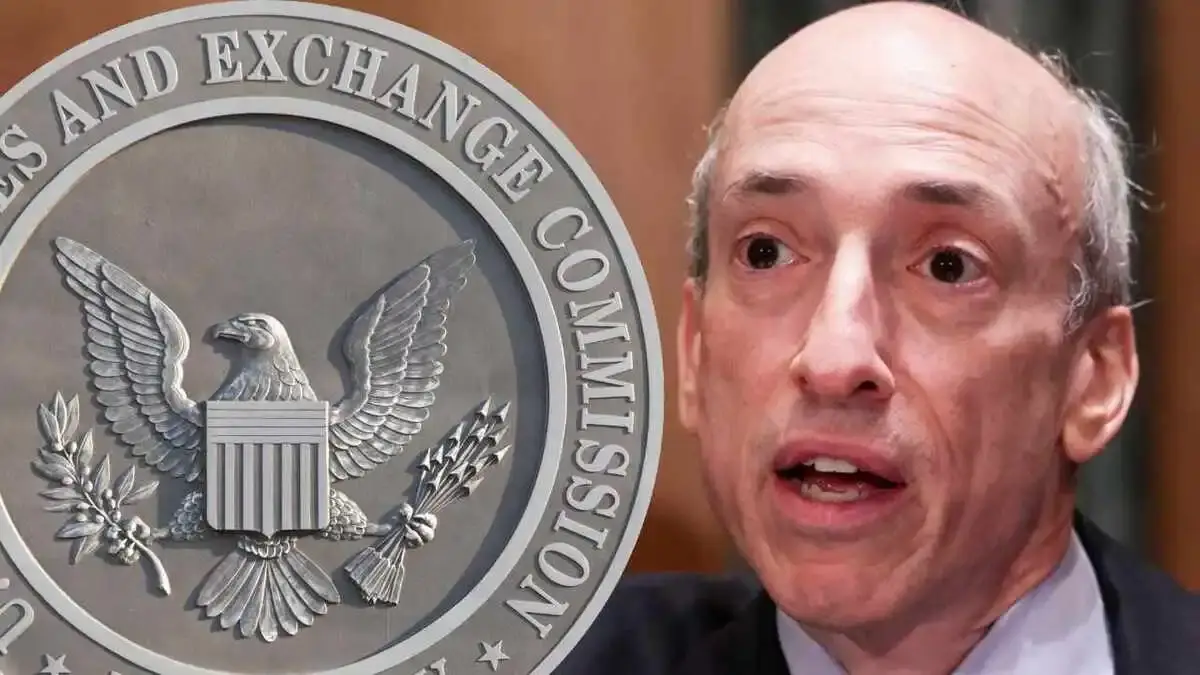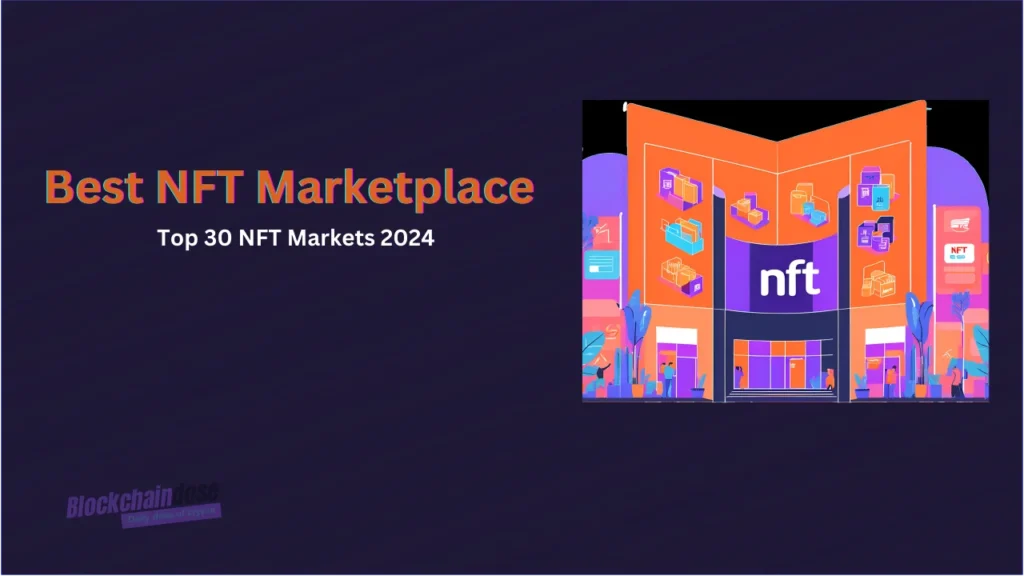The impact of blockchain technology and cryptocurrencies on the financial and technology spheres has been immense in recent years. The changing nature of blockchain technology, along with blockchain regulations, and its potential for driving financial change have become topics of interest for governments and industry leaders across the globe.
In the growing world of cryptocurrency, having knowledge of blockchain regulation is important. To ensure safety and strength in this growing industry, regulatory frameworks must adapt and evolve as well. Gary Gensler, the Chairman of the U.S. Securities and Exchange Commission (SEC), has played an important role in changing the industry for cryptocurrencies and blockchain technology.
1. Blockchain Regulations in the United States
The United States is one of the biggest and most powerful players in the cryptocurrency and blockchain industry. Regulatory discussions often revolve around this country. Gary Gensler, who has huge knowledge of cryptocurrencies, became the Chairman of the SEC in 2021. The SEC has taken significant steps towards giving shape to the crypto space. They have focused on buyer protection and the need for clear regulatory information for digital assets.
The SEC has been paying attention in setting initial coin offerings (ICOs) and organizing many cryptocurrencies as securities. This approach has started taking action against companies that are not following securities laws. Some industry experts believe that regulatory clarity provided by Gensler’s SEC is crucial for the mainstream adoption of cryptocurrencies. Others are concerned that the this approach may harm change and drive crypto projects out of the U.S.
2. China
China’s relationship with cryptocurrencies and blockchain technology has been complicated. In 2017, the Chinese government banned ICOs and cryptocurrency trading, but they also continued to invest in and explore blockchain technology.
The People’s Bank of China (PBOC) has been currently making a central bank digital currency (CBDC), commonly known as the digital yuan. The government’s approach to cryptocurrencies is to maintain strict control over its financial system.
China’s regulatory stance has created a dynamic environment for blockchain and crypto projects. While there is limited space for decentralized cryptocurrencies like Bitcoin and Ethereum, on the other hand, the digital yuan and blockchain future goals are, in essence, being made under government.
3. European Union Blockchain Regulations
The European Union (EU) has taken a complete approach to blockchain regulations. Under the command of the European Commission, the EU has been working on making a legal framework. That ensures a balance between customer protection, financial stability, and growth in business.
The EU’s regulatory approach is set to be affected by global developments. They have shown interest in getting together with international partners on regulations. Moreover, Gary Gensler’s influence on the U.S. regulatory authority is also noticed by European authorities. Additionally, they are closely monitoring the SEC’s decisions and may get ideas from them when shaping their policies.
4. Japan
Japan is one of the few countries that have accepted cryptocurrencies. The country recognizes Bitcoin as legal tender and has made a licensing system for cryptocurrency exchanges. This approach has helped Japan maintain a level of control over the crypto space.
The Financial Services Agency (FSA) is the primary regulatory authority overseeing cryptocurrency activities in Japan. The FSA’s approach is focused on growing customer protection and stopping money laundering and fraud. Japan’s stance on cryptocurrencies and blockchain regulations is relatively favorable. They are making their country an attractive market for blockchain and crypto companies.
5. United Kingdom
The United Kingdom has also been active in regulating cryptocurrencies and blockchain technology. The Financial Conduct Authority (FCA) is the regulatory body responsible for overseeing crypto-related activities. The FCA has taken a good approach, classifying cryptocurrencies based on their utility and purpose.
The regulatory landscape in the UK is evolving rapidly. They are planning to implement a complete regulatory framework for various aspects of the crypto industry. Gary Gensler’s influence on crypto regulations in the U.S. has been closely observed by the FCA, and it may have an impact on their decision-making process.
6.Blockchain Regulations: India
India’s relationship with cryptocurrencies and blockchain technologies hasn’t been pleasant. In 2018, the Reserve Bank of India (RBI) issued a banking ban that stopped financial institutions from providing services to cryptocurrency businesses.
However, this ban was lifted by the Supreme Court of India in 2020, providing a hope for the Indian crypto community. The Indian government has been thinking on potential regulations for cryptocurrencies. Meanwhile, they are also trying the possibility of introducing a central bank digital currency. The regulatory stance in India is still changing continuously. The crypto industry is eagerly awaiting clarity on the legal and regulatory framework.
Impact of Gary Gensler’s Stance on the Crypto Industry
Gary Gensler’s appointment as the Chairman of the Securities and Exchange Commission (SEC) has brought a lot of attention to the regulation of cryptocurrencies and blockchain regulations. His deep understanding of blockchain technology has shaped the SEC’s approach to digital assets and blockchain regulations.
One of the key aspects of Gensler’s approach is the protection of customers. He believes that strong steps are necessary to protect the retail investors from potential scams and fraud activities in the crypto space.
Under his leadership, the SEC has issued several warnings and taken actions against companies and individuals involved in fraudulent cryptocurrency schemes.
Gensler has focused on the need for clear instructions on whether a cryptocurrency should be considered as a security. This is crucial for businesses in the crypto space, as it determines the extent to which they need to comply with securities laws. The Howey Test, which determines whether an investment contract passes as a security, has been a focal point in discussions surrounding this classification.
Some people in the crypto industry are concerned that Gensler’s approach may prevent change. They fear that the SEC’s implementing stance will push cryptocurrency projects to operate outside the United States.
Conclusion
Blockchain rules are changing and constantly varying worldwide. Different countries have adopted various approaches for cryptocurrencies and blockchain technology. Gary Gensler’s authority at the SEC has had a significant impact on the regulatory environment. He focuses on investor protection and clarity in classifying digital assets.
Blockchain and cryptocurrencies continue to reshape the financial and technological landscape. The regulatory decisions made by powerful people like Gensler in the United States can influence the global conversation on blockchain regulations.




